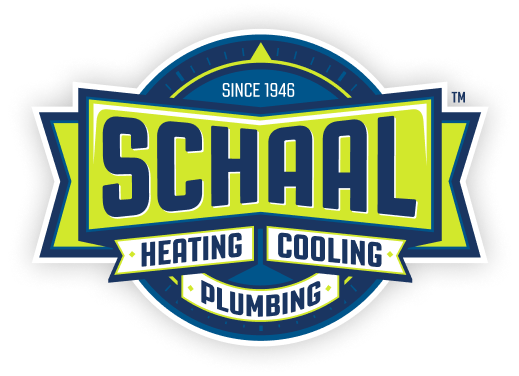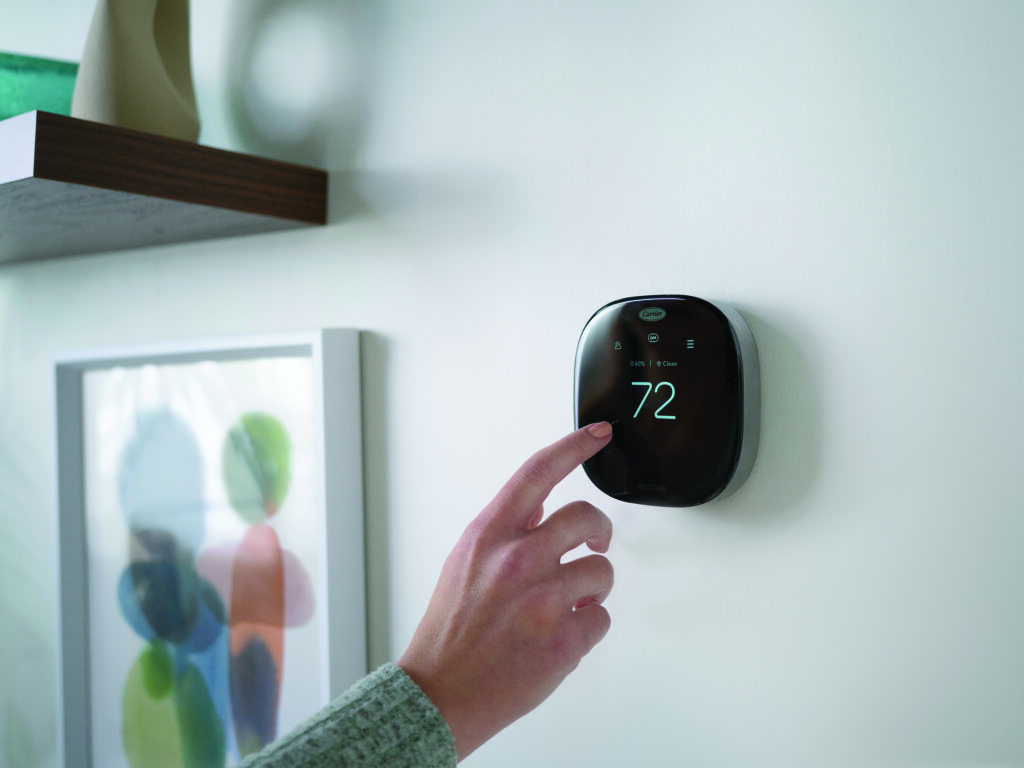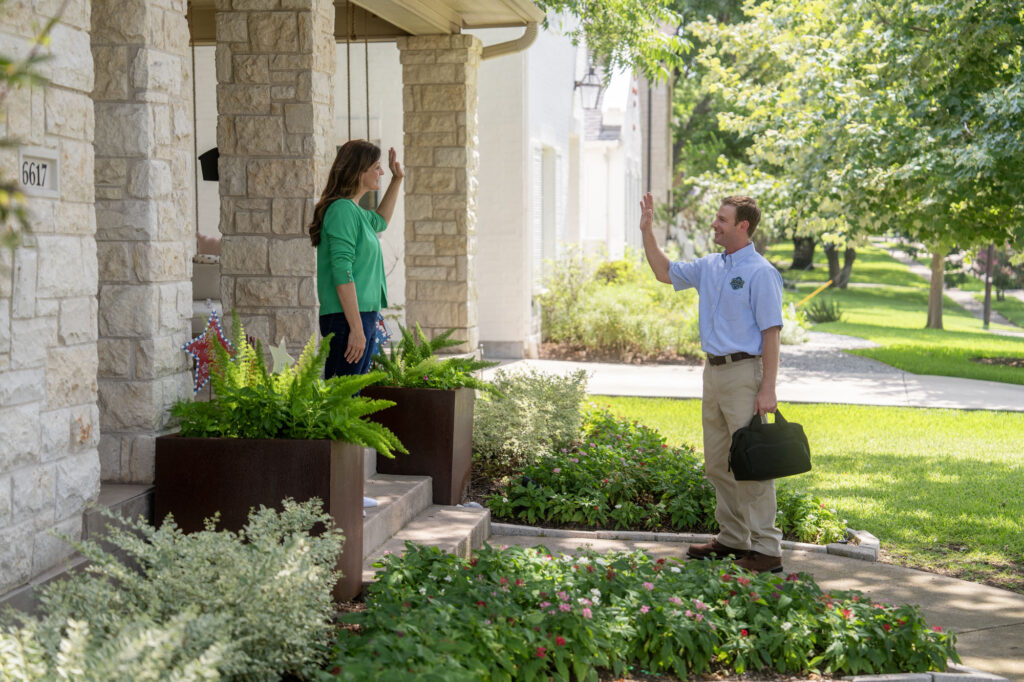
Blog
Guide to Gas Furnaces for Des Moines Homeowners

In Des Moines, winter means freezing temperatures, snow-covered yards, and the need for reliable home heating. When it’s below 15 degrees outside, a dependable heating system isn’t optional; it’s essential.
Gas furnaces remain one of the most popular and effective ways to keep Iowa homes warm. With natural gas readily available from providers like MidAmerican Energy, these systems offer efficient, powerful heat for the long haul.
At Schaal Plumbing, Heating and Cooling, we’ve helped Des Moines homeowners stay warm for over 70 years. Our NATE-certified technicians understand local conditions and provide expert guidance, repairs, and installations tailored to your home.
Why Gas Furnaces are a Great Choice for Des Moines Homes
Efficiency & Performance
Natural gas burns hotter than electric options, meaning gas furnaces heat your home faster and maintain consistent warmth. High-efficiency models carry AFUE (Annual Fuel Utilization Efficiency) ratings of 90% or higher, offering significant energy savings. Natural gas is typically more affordable than propane or electricity in Iowa, keeping costs low throughout the heating season.
Reliability
Unlike propane or fuel oil, natural gas is delivered through a consistent pipeline supply. You won’t have to schedule refills or worry about running out during extreme weather. Gas furnaces also have a strong record of reliable performance in cold climates like ours.
Comfort
Gas furnaces distribute steady, even heat throughout the home. Compared to electric heat pumps, which may need backup heat sources during cold snaps, gas furnaces handle Iowa winters without additional support.
Cost-Effectiveness
While upfront installation costs can vary, gas furnaces often deliver long-term savings. With lower fuel costs and improved energy efficiency, homeowners often see reduced monthly bills over the life of the system.
How a Gas Furnace Works
Understanding the basics of your gas furnace can help you recognize when something isn’t working as it should.
The Basics
Your thermostat detects when the temperature drops. It signals your furnace to start, opening the gas valve and igniting the burners. Heat passes through the heat exchanger and warms the air. The blower fan circulates this warm air through your ducts. Exhaust gases are safely vented outside.
Key Components
- Thermostat: Sends heating commands to the system
- Burners: Ignite gas to produce heat
- Heat Exchanger: Transfers heat to air; cracks can lead to carbon monoxide issues
- Blower Motor: Moves warm air into your home
- Vent/Flue Pipe: Removes combustion gases
- Air Filter: Protects the furnace and maintains airflow
Types of Gas Furnaces for Des Moines Homes
Single-Stage Furnaces
Basic models that turn on at full power or off. Reliable and budget-friendly, though less efficient.
Two-Stage Furnaces
Operate at low and high settings for better temperature control and efficiency.
Modulating Furnaces
Adjust heating output gradually, offering quiet operation and the most consistent indoor temperatures.
High-Efficiency Condensing Furnaces
Recover more heat from exhaust gases, with AFUE ratings above 90%. These units create condensate, so proper drainage is important, especially in Des Moines basements.
Furnace Sizing
Choosing the right size matters. A furnace that’s too small won’t keep up in the cold. One that’s too large may short cycle, leading to wear and higher energy costs.
Maintenance Tips for Your Des Moines Gas Furnace
DIY Maintenance
- Change Air Filters Regularly: This is the number one thing homeowners can do. Replace filters every 1 to 3 months.
- Keep the Area Around the Furnace Clear: Avoid blocking airflow or creating fire hazards.
- Check Thermostat Batteries: Low batteries can cause the system to stop responding.
- Ensure Vents and Registers Are Open: Blocked vents reduce performance and comfort.
The Importance of Professional Annual Tune-Ups
- Safety First: Technicians check for carbon monoxide leaks and cracked heat exchangers.
- Efficiency Checks: Tune-ups improve airflow and performance.
- Preventative Care: Catching small problems early can prevent emergency repairs.
- Extended Lifespan: Regular service helps your furnace last longer.
Common Gas Furnace Problems & When to Call an Expert
- No Heat or Weak Heat: Could be caused by a clogged filter, faulty ignitor, or worn blower motor.
- Strange Noises: Banging or squealing often signals loose or damaged components.
- Short-Cycling: Frequent on-off cycling might mean sizing issues, a dirty filter, or thermostat trouble.
- High Energy Bills: Spikes in your bill could signal an overworked or inefficient furnace.
- Yellow Pilot Light or Sulfur Smell: These are urgent safety warnings. Leave your home and call the gas company or emergency services.
- Need Help? Schaal’s repair team handles all of these issues quickly and professionally.
When It's Time for a Gas Furnace Replacement in Des Moines
- Age: Furnaces last 15 to 20 years. Iowa winters can shorten that lifespan.
- Frequent Repairs: If service calls are piling up, replacement may save you money.
- High Energy Bills: Older units often run less efficiently.
- Uneven Heating: Your system might be too small or failing.
- Safety Concerns: Cracks in the heat exchanger or repeated CO alarms are serious.
- Our Team Can Help: Schaal offers professional assessments, honest recommendations, and expert installation.
Your Trusted Partner for Des Moines Home Heating
Gas furnaces offer reliable comfort, energy efficiency, and peace of mind during Iowa’s coldest months. Whether you're upgrading, maintaining, or facing a sudden issue, Schaal Plumbing, Heating, and Cooling is your trusted service partner.
Do you need a new gas furnace? Time for a tune-up? Experiencing issues? Call Schaal Y’all for reliable heating services in Des Moines. We’re here when you need us most.




